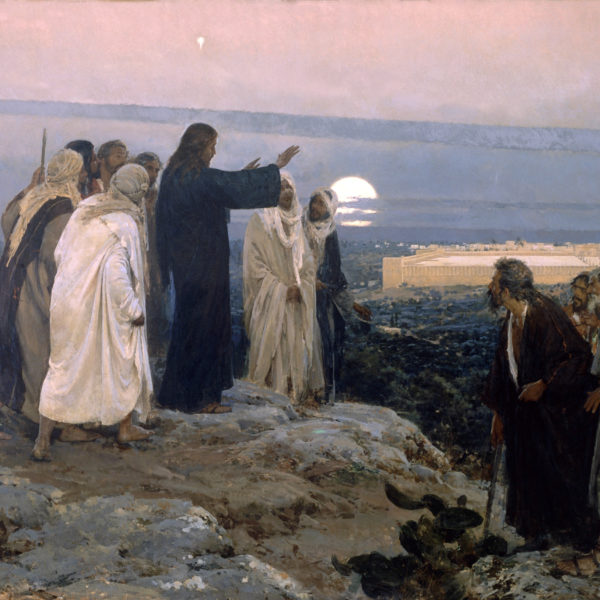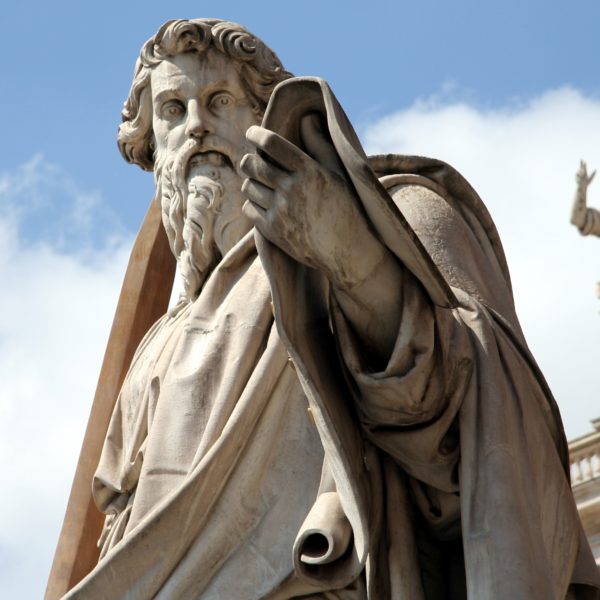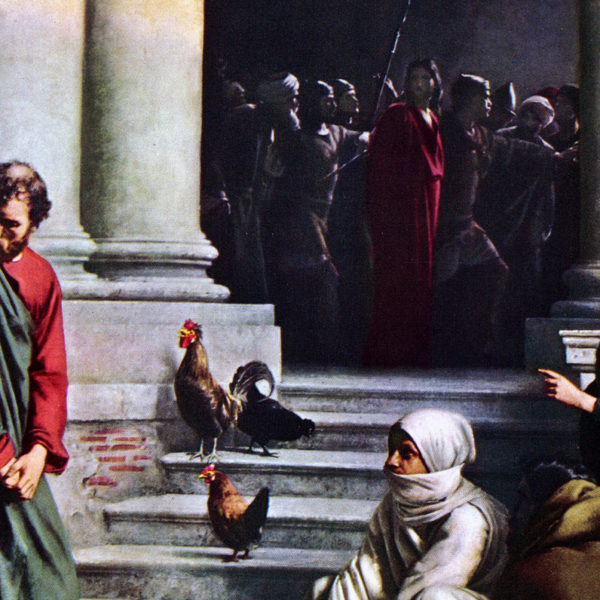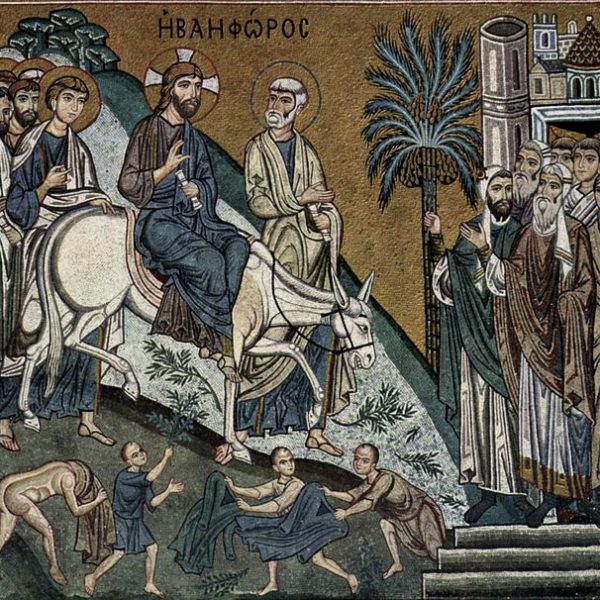
In maintaining a faithful Christian presence in the political realities of this age, few things are more important than living and acting in God’s good time, being people who find their life in the living memory of a sustaining past, who patiently wait in hope for a promised future, and who are kept in the present through faith in the daily mercies of One who is the same yesterday, today, and forever. Christ’s institution of a memorial helps us to do just this.

Although the parable is typically referred to as that of ‘the Prodigal Son’, the son who receives the father’s welcome has long since fallen from his state of prodigal living into one of the most abject poverty and lack. This father’s loving embrace challenges us to consider our provision of welfare and welcome to those in need among us, irrespective of how ‘deserving’ we might suppose them to be.

Jesus’ entry into Jerusalem, his trial, suffering, death, and resurrection, bring into full circle his journey to Jerusalem that was not shaped by Herod’s murderous threat but by his redemptive obedience to God’s will.

Spectacle has always played an important role in establishing power, authority, and sovereignty. In the unity of the dazzling body of the Transfiguration and the brutalized body of the crucifixion, the integrity of the spectacle and that which lies beneath is made known and our own polities’ lack of such integrity is challenged.

As it is often detached from its broader context and treated as a standalone paean to love, the significance of 1 Corinthians 13 within Paul’s overarching argument about the Church as a polity is often neglected. When the context of this chapter is appreciated once more, its political significance will emerge.






